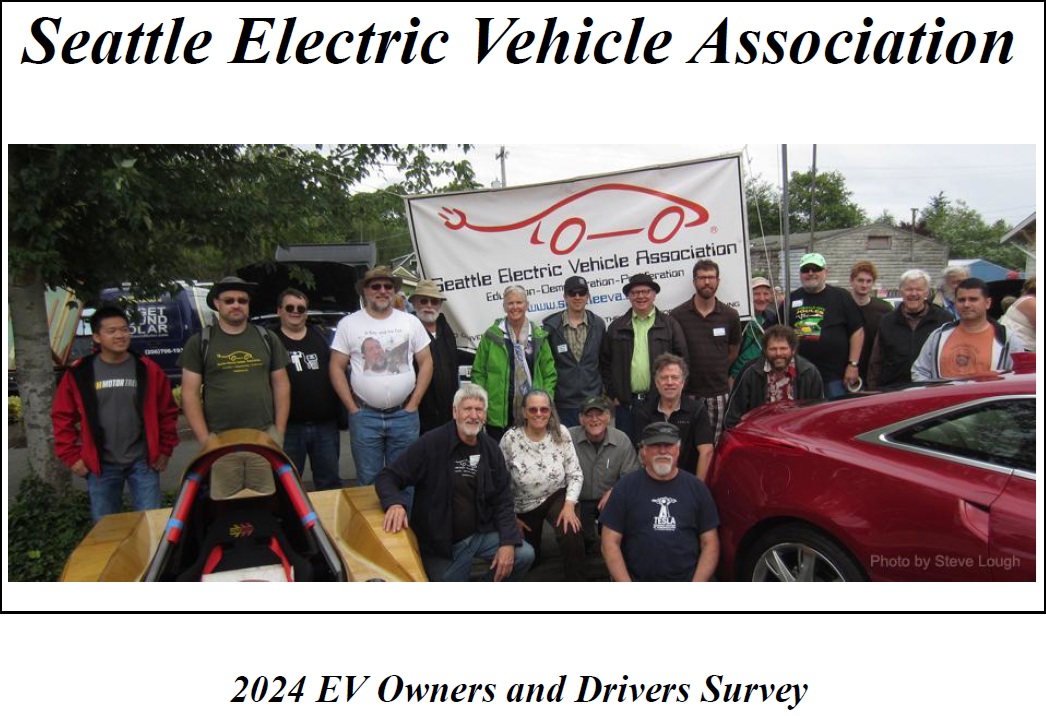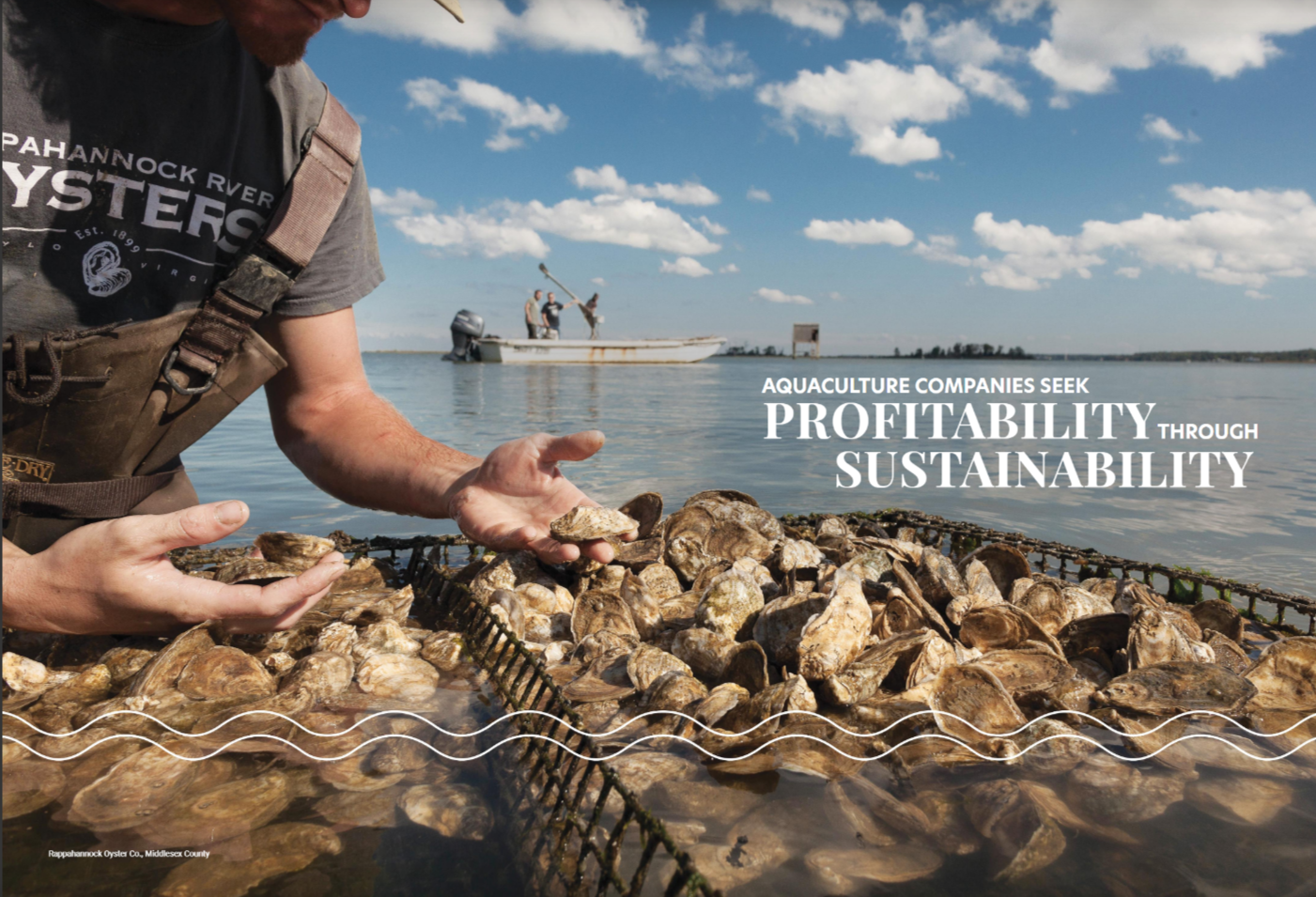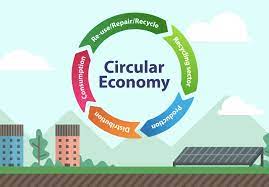Freelance Marketing Writer
Why in the world would a scientist need a freelance marketing writer? Or any marketing writer for that matter? Let's take a look at that.
Science is intrinsically valuable. Science gives us knowledge, which we can use to make life more predictable. Science gives us technology, which we can use to make life easier. And science gives us wisdom, which (if we accept that gift) we can use to make better choices. Given all those benefits of science, it would seem obvious that science would have all the support it needs. Scientists and scientific organizations would receive the financing and the equipment and the facilities that they need to continue their work.
That would be the case, if the world worked the way it should. Sadly, it doesn't.
Even worthy organizations sometimes need to raise some cash. Scientists need paychecks, and equipment, and facilities, and a long list of other goods and services in order to do their work.
Sometimes scientists work for companies which sell products or services, which in turn fund their continued work. In those instances, that company must continue to sell products and services in order to continue to fund the science. Sales rely on marketing, and marketing relies on writers.
Sometimes scientists work for non-profits, whose products and services are the good works that they do. All the profits they make, if any, go towards continuing that work. In most cases, however, they must also raise cash to cover the bills. Donations rely on marketing, and marketing relies on writers.
What about governments? Many scientists are employed by government agencies, which (ideally) exist to serve the populations they govern. Governments typically fund their operations via taxes, which typically are a requirement of their constituents. Except most people don't like paying taxes, so they pay as little as possible. Which means less money for the government programs which pay the scientists, and pay for the scientific equipment and scientific facilities. So those government agencies have two choices. They can petition to raise money via higher taxes, or they can raise money by receiving grants. The former requires educating the public about the benefits of the scientific work being done. The latter requires convincing the grant organizations that their scientific work is worth funding. So, how can science-based government agencies educate the public and apply for grants? By advertising the the benefits of their work. Advertising is one form of marketing, which in turn requires marketing writers.
But what about crowdfunding? That is a recent development in the raising-cash realm, and it has already provided some scientists with the funds they need to do their work. This new option has had mixed results for the scientists who have pursued it. Some have been able to fully fund their efforts, while others have launched a crowdfunding campaign only to see it languish. For those who succeeded, they had to spread the word far and wide about their project, and convince donors of their work's merits. That requires marketing, and marketing requires writers.
Perhaps that all seems convoluted, or unnecessary, or illogical. Perhaps it is all of those. But it is also the reality of the world we live in. Science needs cash, and cash is raised via marketing, and marketing materials are written by marketing writers. The sooner we can wrap our minds around that, the sooner we can get on with the clunky business of actually making it happen, and getting cash to the scientists who need it.
So, if marketing really does make the world go around, as apparently it does, how best to proceed? How does a scientist choose a marketing writer? Any scientist seeking a marketing writer would presumably, and correctly, have quite a few concerns in mind. First, will the marketer understand the particular scientific issue or process or procedure? Will the marketer understand how that issue or process or procedure fits into the related body of scientific discipline? In turn, will the marketer understand how that scientific discipline fits into cultural significance, social safety, national security and/or public wellbeing? In other words, does the marketer "get it?"
Let's suppose that the marketer really understands what's involved, and what's at stake. That brings up the second concern, namely, can the marketing writer actually deliver? That's the big question.
Any marketing writer worthy of the title will be able to do certain things, such as:
- determine which group of people, or audience, would be interested in the scientist's work
- understand which venues (websites, magazines, trade shows, Youtube, etc) that audience is most likely to use, and most likely to believe.
- be able to craft messages suitable for that medium (web pages, articles, scripted presentations, videos, etc)
Many marketing writers can create perfectly adequate web pages, articles, and any other related materials. However, adequate isn't good enough to get people to part with their money. A good marketing writer can deliver materials which are technically correct, socially compelling, and hit all the right SEO buttons for the search engines to find them. Is that enough? Sometimes. Is sometimes good enough? Not really. Scientists have enough to worry about, without feeling like they are rolling the dice to get funded. They need someone with a solid track record of actually bringing in the funding.
Many, if not most, marketing firms track the performance of their work. In fact they have advanced analytical tools and metrics to do so. They have staff which do nothing but gather that information on any and every client they have. Those tools take money, and that staff takes money. Which means that, of all the money which any given marketing firm brings in, a fair chunk of it goes back to the marketing firm. Only a fraction goes to the scientist in question.
A freelance marketing writer, on the other hand, has a variety of advantages over an agency. First, many freelance marketing writers have previously worked for those agencies, so they already know the same tools and techniques as the staff marketing writers. Secondly, many of those expensive analytical tools, or versions of them, are available for free on the Internet, if you know where to look. Third, a freelance marketing writer has the benefit of working with clients one on one, without the politics and ambitions of a larger organization hanging overhead. This may seem trivial in comparison with the other characteristics listed above, but it's actually critical. A freelancer owes allegiance to only one person: the client or entity which hires him or her. Under those conditions, it's easier to have conversations about the project, how it fits into the big picture, and what's really at stake for the world at large. And that's where the alchemy happens, where that magical combination of text and audio/visual tools and messaging and passion all come together, to create a message so compelling that money rolls in. The scientist receives the support he or she needs, the freelancer is paid for providing excellent service, the donors feel good about where their money went, and the world at large benefits. The technical term for that, the scientific term, if you will, is "a win/win scenario".
|
Shopping Cart |
|
Kathryn Kerby
freelance technical writer

Questions?
Projects?
Ideas?
Testimonials for my AI for Writers Class Series:
Kathryn is very knowledgeable about AI, and kindly answered a few of the questions I’ve had around legal issues in AI-generated content...I originally got in touch after seeing Kathryn’s excellent talk around the use of AI in copywriting projects. Many of her recommendations from that apply equally well to the use of AI in design. - Steve McInerny, Sharp Sharp
I really enjoyed yesterday's workshop with Kathryn Kerby. It was unbelievably comprehensive and packed a lot into an hour. Glenn Sturgess
You were able to create better results with a minimal prompt of less than 70 words and feeding in a URL. Clearly my prompts are outdated. This is a very good reminder to regularly review the effectiveness of old prompts. Anthony Lopez-Vito
My Clients Have Included:









